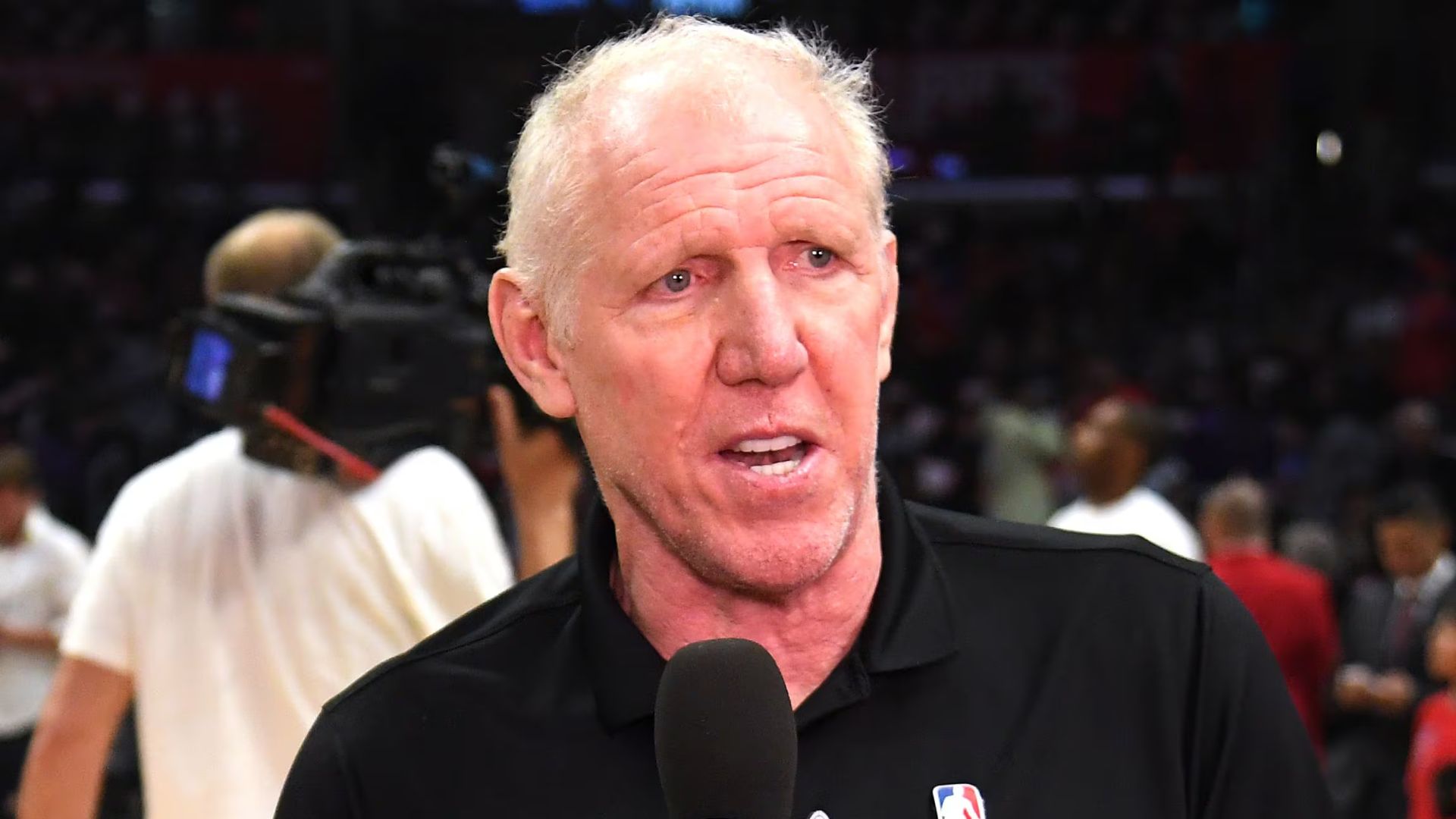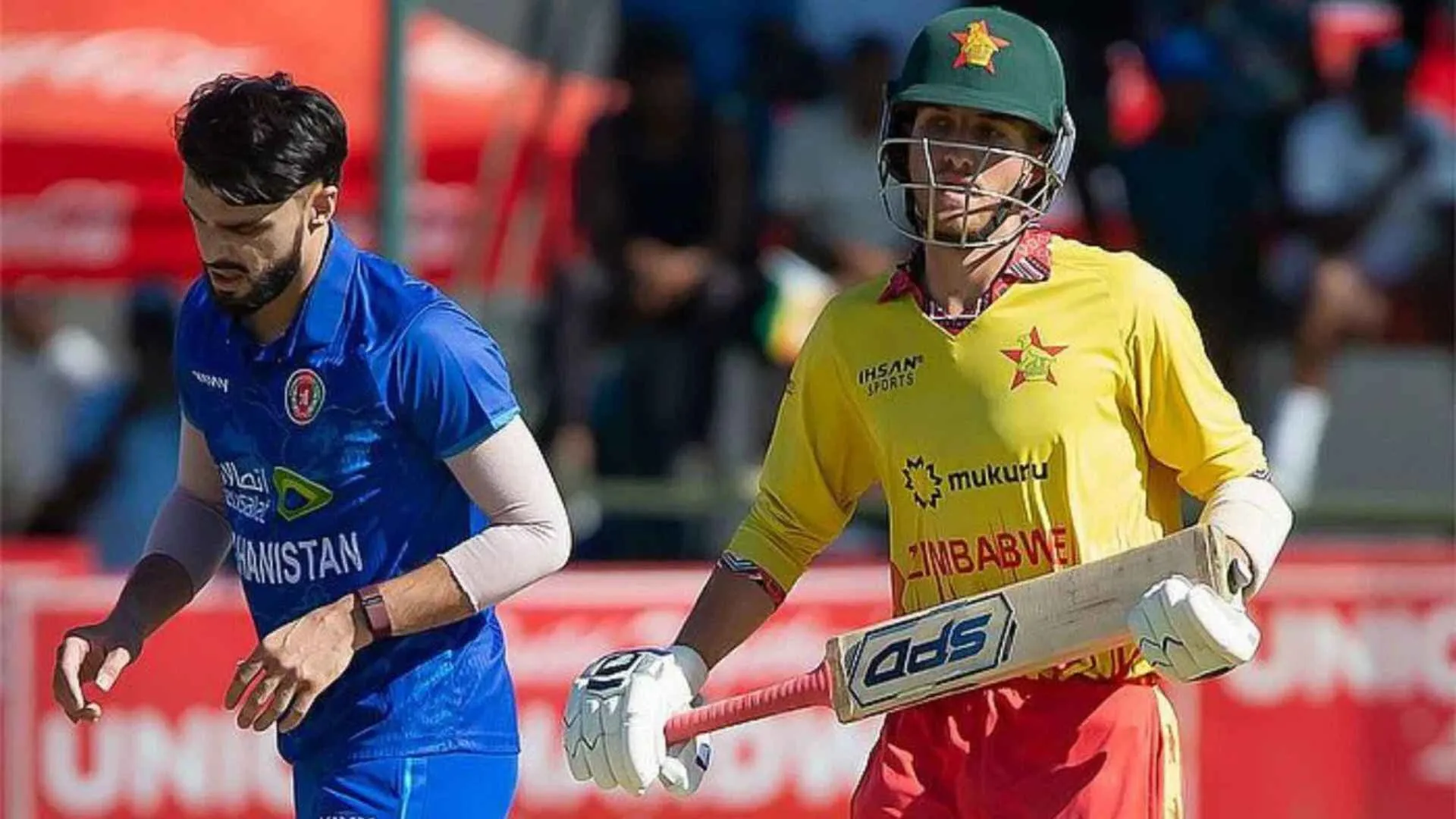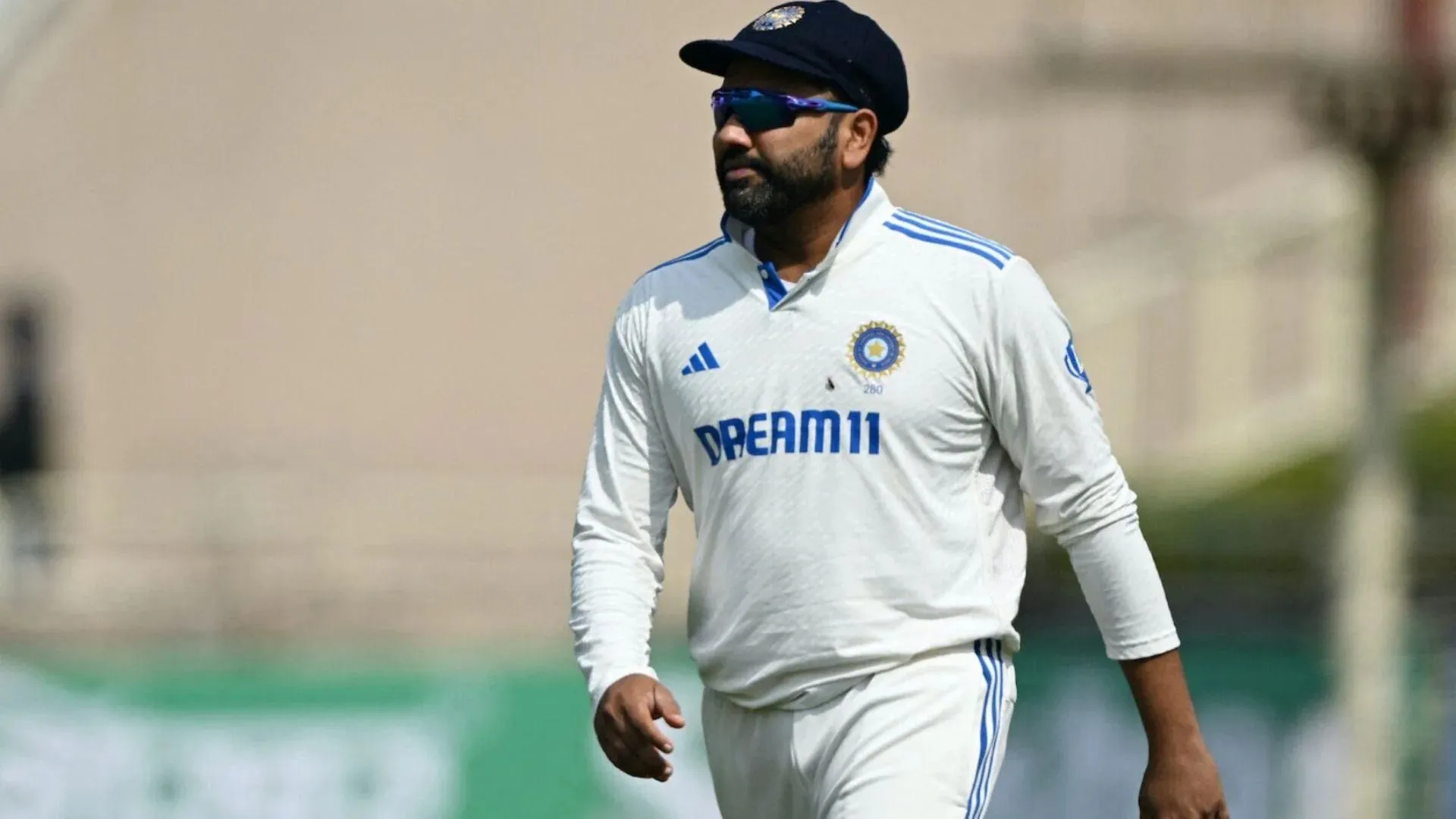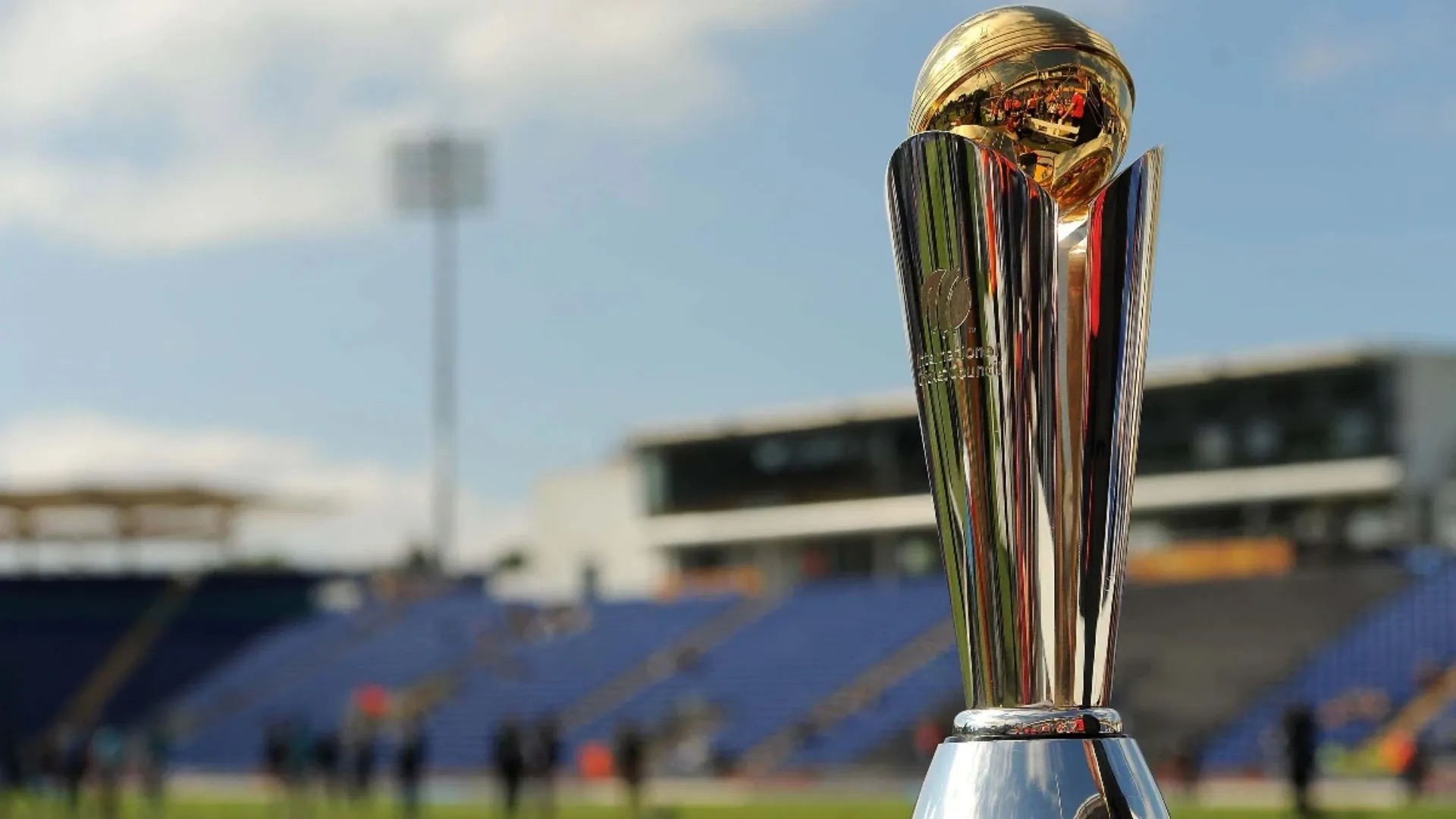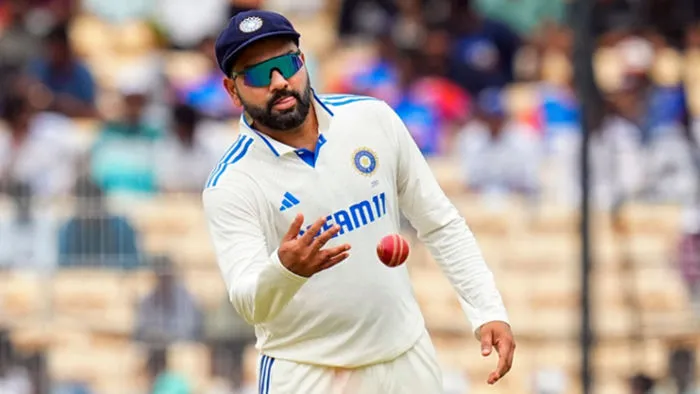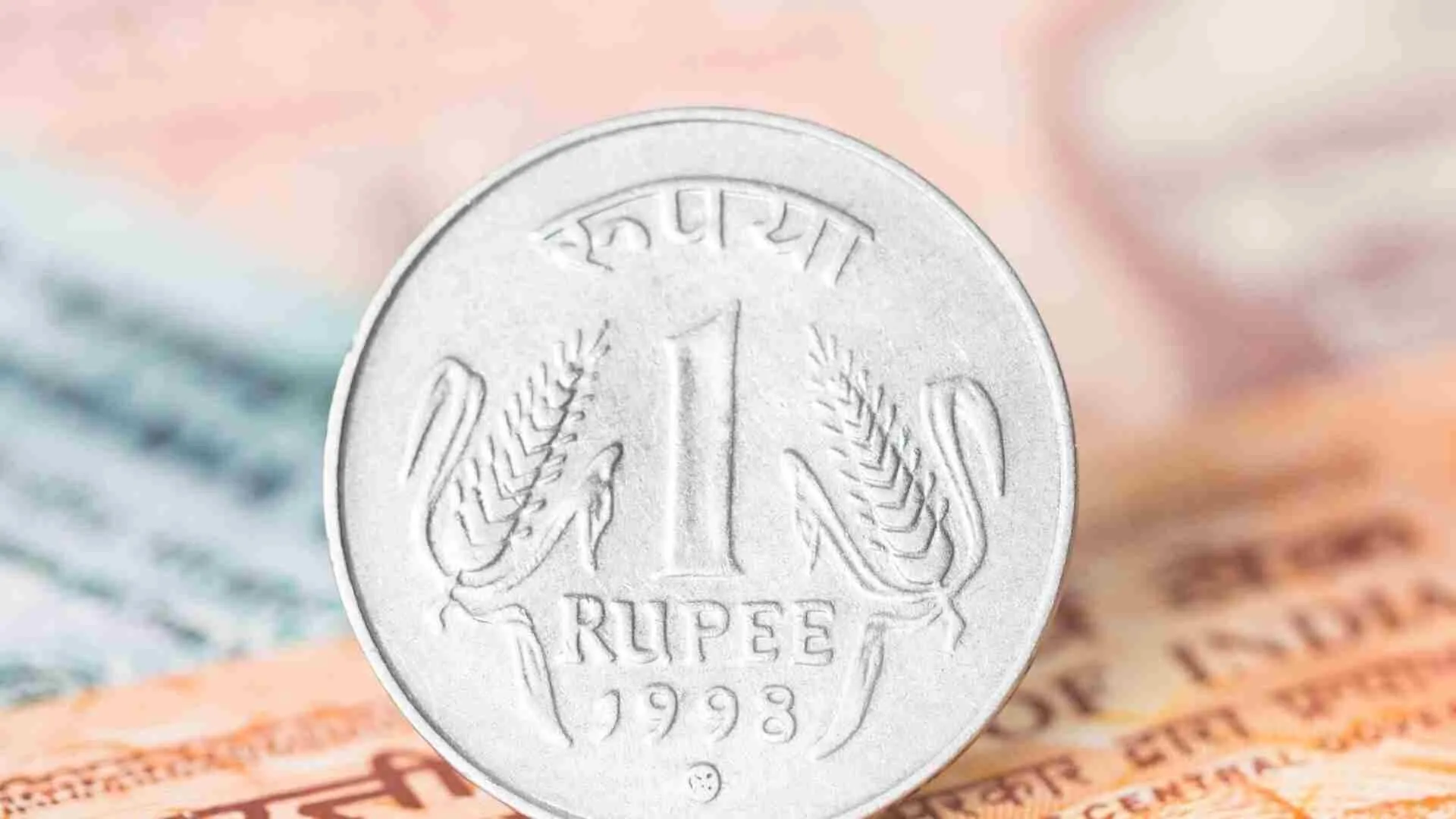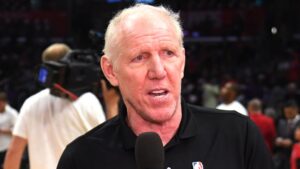Bill Walton was never afraid to be himself. Larger than life, only in part because of his nearly 7-foot frame, Walton was a two-time NCAA champion at UCLA, a two-time champion in the NBA, a Basketball Hall of Fame inductee, an on-court icon in every sense of the word.
That followed a college career in which he blossomed while playing under coach John Wooden at UCLA, becoming a three-time national player of the year.
“I am sad today hearing that my comrade and one of the sports world’s most beloved champions and characters has passed,” Julius “Dr. J” Erving, a fellow Hall of Famer, wrote on social media.
“Bill Walton enjoyed life in every way. To compete against him and to work with him was a blessing in my life.” Walton, who entered the Hall of Fame in 1993, was one of the game’s most beloved figures. His NBA career — disrupted by chronic foot injuries — lasted only 468 games combined with the Portland Trail Blazers, the San Diego/Los Angeles Clippers and the Boston Celtics.
He averaged 13.3 points and 10.5 rebounds in those games, neither of those numbers exactly record-setting. Still, his impact on the game was massive. “It’s a legend lost when you talk about basketball and what he brought to the media side,” Dallas Mavericks coach Jason Kidd said. “As an ex-player, to be able to be successful not just on the court but also on TV.”
Walton’s most famous game was the 1973 NCAA title game, UCLA against Memphis, in which he shot 21 for 22 from the field and led the Bruins to another national championship. “One of my guards said, ’Let’s try something else,” Wooden told The Associated Press in 2008 for a 35th-anniversary retrospective on that game.
Wooden’s response during that timeout: “Why? If it ain’t broke, don’t fix it.” They kept giving the ball to Walton, and he kept delivering in a performance for the ages.“It’s very hard to put into words what he has meant to UCLA’s program, as well as his tremendous impact on college basketball,” UCLA coach Mick Cronin said Monday.
“Beyond his remarkable accomplishments as a player, it’s his relentless energy, enthusiasm for the game and unwavering candour that have been the hallmarks of his larger-than-life personality. “It’s hard to imagine a season in Pauley Pavilion without him.”
When Walton retired from the NBA he turned to broadcasting, something he never thought he could be good at — and an avenue he sometimes wondered would be possible for him, because he had a pronounced stutter at times in his life.

